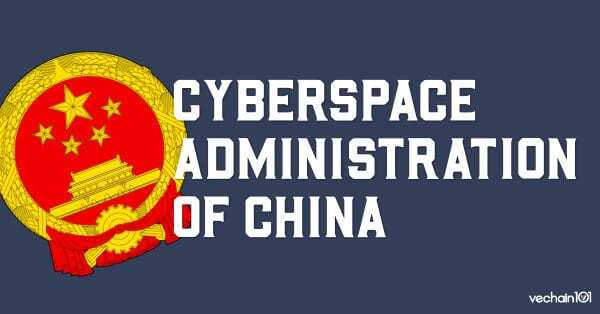China has introduced stricter regulations for social media influencers, requiring anyone who discusses professional topics such as medicine, finance, law, or education to provide proof of their qualifications before posting content.
Under the new rules issued by the Cyberspace Administration of China (CAC), influencers must show evidence of formal training, a university degree, or verified professional expertise before they can share advice in these sensitive fields. The move is part of Beijing’s ongoing effort to tighten oversight of online content and curb the spread of misinformation.
Platforms including Douyin, Weibo, and Bilibili are now responsible for verifying the credentials of creators. Influencers who fail to comply risk account suspension or permanent closure, as well as fines of up to 100,000 yuan (about $14,000).
Authorities say the policy aims to ensure that professional advice shared online comes from credible sources, protecting users from misleading or inaccurate information. However, digital analysts warn that the move could further centralize control over online discourse and limit independent voices, especially in areas where social media has become an alternative source of information.
The new rules come amid broader efforts by Beijing to regulate influencer activity and enforce “orderly and healthy” communication on Chinese social platforms, reflecting the government’s growing influence over how expertise and public opinion are expressed online.
















